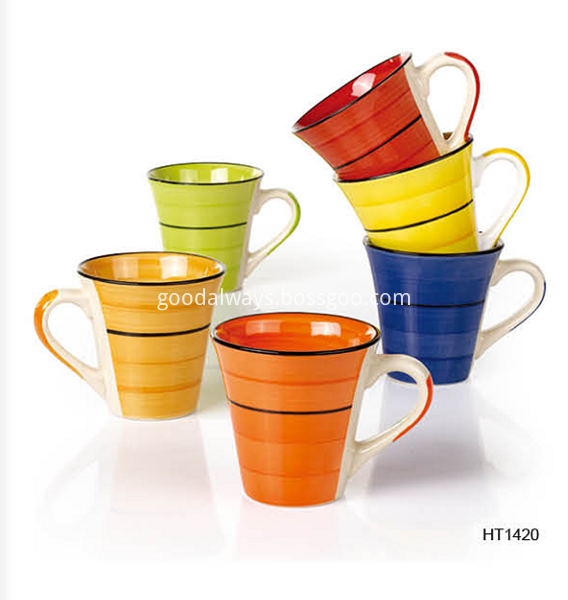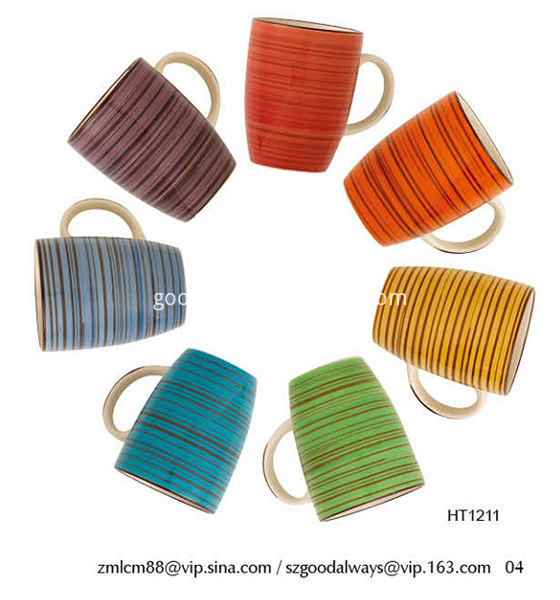In the offset printing process, the supply of ink and ink is a key link. Lithographic offset printing is based on the principle that the printing Plate pattern part is lipophilic and water resistant, and the blank part is hydrophilic and oil resistant, and the oil and water are not mixed.
Printing principle Printing worker warned us: "Only when the water film and graphic part of the ink film printed blank portion there is a very strict boundaries, and do not water infiltration, in order to achieve a balance offset printing ink.
The ink balance is the basis for lithography
In the offset printing process, the balance of ink and ink is just right, and there is a close relationship between the normal transfer of imprinting, the depth of ink, the accuracy of overprinting, and the dryness of the printed matter. Therefore, whether or not we can correctly control and control the balance between water and ink is the key to ensuring the quality of printed products.
First, the analysis of the phenomenon of ink balance imbalance How to achieve ink-water balance, the operator must not only understand and study the organic connections between the ink and wash, the constraints between each other, and the law of subtle changes between them, but also should analyze and explore the imbalance of ink and wash At the time of the adverse consequences.
(1) The phenomenon of small water ink is also small: In the printing process, the printing plate has a certain water film in the blank part. When the water film and the oil can contend, it will not be stained by the ink on the ink roller. If the water content is too small, the amount of water layer can not resist the adsorption of the ink on the blank part, then the blank part will be accompanied by ink, resulting in hanging dirty, less ink will make the print writing is dull, light gray hair, blotting is not In fact, the imprinting is full of snowflakes and white spots. In this state, although the "ink-ink balance" has also been achieved, this "ink-and-ink balance" is not the "ink-ink balance" we want.
(2) Analysis of the phenomena of less water and more ink: At this time, the ink is most likely to be unevenly printed, dirty, and a certain part or large area of ​​the layout will cause paste due to lack of water, and the paste word will be printed. Deepness makes the printed products dark and unclear. In particular, they have the greatest impact on the reproduction of subtle dots, and the images cannot be clearly separated.
(3) The analysis of the phenomena of large ink and small water: If the water content of the layout is too large, gradually spread to all the surface of the ink roller to form a certain thickness of the water layer, which hinders the ink to accelerate the emulsification speed of the ink, and the ink color is gradually not Saturation, lightening of images and texts, imaginary words, graying, hairiness, hair growth, dullness. There is a faint ambience around the blot, the image is not clear, and there is no hierarchy.
(4) Analysis of the phenomenon of water, ink, and more: When the plate surface water is excessive, the ink color will become shallow, and it will often blindly think that the amount of ink supply is small, thus increasing the amount of ink, and the ink emulsification loses its stability. , resulting in a vicious cycle of ink imbalance, leading to a serious emulsification of ink, piled up on the surface of the roller, so that printing can not be normal.
Second, to ensure the principle of ink and water balance, to maintain the balance of ink and wash.
First, you should manage the water. A deep understanding of the nature and role of water is the basis for managing good water. Water is widely distributed in nature. He is a colorless, odorless transparent liquid. Water is a dipole substance that dissolves with many other substances. But there are substances that are incompatible with it. For example, he is immiscible with oils. The substances that are compatible with them are also indistinguishable from each other, and can be seen from the order of the hydrophilic properties of metals.
The following arrangement is the order of the hydrophilic properties from strong to weak: potassium, calcium, sodium, magnesium, aluminum, zinc, chromium, iron, nickel, tin, lead, etc. The plate printing machine we use is hydrophilic. Made of aluminum.
Offset printing inks generally use inks with good water resistance, color, transparency, saturation, and purity. Oils are non-polar substances that are immiscible with water under normal conditions. Nothing in the world is purely a single element of matter, and so is the water repellency of ink. From the perspective of the molecular structure of oil, various types of fats in oil molecules are mainly composed of two parts: Some are very long hydrocarbon chains, have water-repellent and lipophilic properties, and are called water-repellent groups; Oil is hydrophilic and is called hydrophilic group. These two groups are related to each other and contradictory to each other. The completely opposite nature of the group exists in one molecule. The former is a hydrophobic, hydrophobic, water-repellent group that is non-polar. The latter is an oil-and water-repellent hydrophilic group. .
In other words, oil has two properties: it is both non-polar and polar. It has both oil-water incompatibility and oil-water miscibility. However, since the polar and carboxyl groups of the oil-repellent and oil-repellent groups are very few in the entire oil molecule, they are only subordinate to the oil molecules, while the non-polar hydrophobic and oleophilic groups account for an absolute majority of the total oil molecules. The occupies a dominant position in the oil, so the oil is immiscible with oil and water under normal temperature and pressure. Through the analysis and discussion above, we can see that it is impossible for the offset printing process to make the ink not emulsify at all. The key is to master it properly and achieve a balance between ink and water.
Third, to ensure the ink and water balance measures and control methods
(1) During the printing process, the printing plate must have a solid graphic basis and a blank basis to maintain the stability of oleophilic and hydrophilic.
(2) Under the premise of ensuring that the printing plate is not stained, the amount of water supply should be controlled within the smallest possible range (the water supply of the layout should be 26%), and the amount of water supply and the amount of ink should be in a relatively stable state. Ensure that the prints are consistent in depth before and after the ink and the print job is stable.
(3) Master the principle of less ink thickness. There is less water here, assuming that the blank part of the layout is not stained. The so-called ink thickness is also based on less water. Due to the large amount of water caused by ink emulsification, the ink layer cannot be thick. From the process of the transfer of the offset ink, it can be seen that in a single water supply and ink supply, a total of three ink mixing and emulsification occur. It is impossible to maintain a strict boundary between water and oil. . Therefore, the balance of water and ink in offset printing can only be a relative concept, and the perfectly ideal ink-water balance does not exist. As long as the best balance is achieved, the ideal print can be printed.
(4) Select the size of the ink according to the material type of the printing plate. The PS version can be smaller, the PVA version can be slightly larger; the smooth paper can be slightly smaller, the rough paper can be slightly larger, and the machine can run The speed is fast, the amount of water can be slightly smaller, and it can be larger at low speed.
(5) The environmental conditions and temperature and humidity cannot be ignored either. Because the layout water is distributed in both direct and indirect forms, the layout moisture meets the needs of the ink-and-wash balance during printing, while the thumb-stick quality is the same. ?/P>
(6) The pH of the dampening solution must be controlled (generally controlled at about 4.5 ? 5.5). In addition, since the pH of the surface of the offset printing paper has a great influence on the pH of the fountain solution, it is preferable to measure the pH of the paper. If the pH value of the paper is too low, the pH of the fountain solution should be slightly increased. On the other hand, if the pH of the paper is too high, the pH of the paper should be properly reduced so that it can neutralize the OH- of the paper. Excessive increase in pH of fountain solution. According to relevant data and conclusions drawn from practice, when the pH value of the paper is 9, the pH of the fountain solution is 4; when the pH value of the paper is 8, the pH of the fountain solution is 5 as good.
(7) Use scientific instrumentation to control the ink-water balance. Because the ink obtained under the ink-balanced state is necessarily thick and uniform in density, the change in water-ink balance during the printing process can be detected by continuously measuring the density. When the density value reaches the standard value, it can be concluded that the ink balance is normal.
In addition to considering the offset transfer process of water and ink, the operator should also consider factors related to the use of different types of raw and auxiliary materials (paper, ink, plate, blanket, etc.) as well as differences in the work environment. So that the ink can reach or almost reach the balance required by the printing process
Named: Mug/Coffee Cup
Material: Stoneware
Style: Handpainted
Capacity: 280cc/320cc/350cc/400cc
Package: Bulk packing/Gift box/Color box
MOQ: 3000/color
Port: Qingdao


Colorful Coffee Mugs,Cheap Ceramic Mugs,Customized Ceramic Mugs,Ceramic Coffee Mugs
Shenzhen Good-Always Imp.& Exp.Co.Ltd , http://www.good-always.com
![<?echo $_SERVER['SERVER_NAME'];?>](/template/twentyseventeen/skin/images/header.jpg)